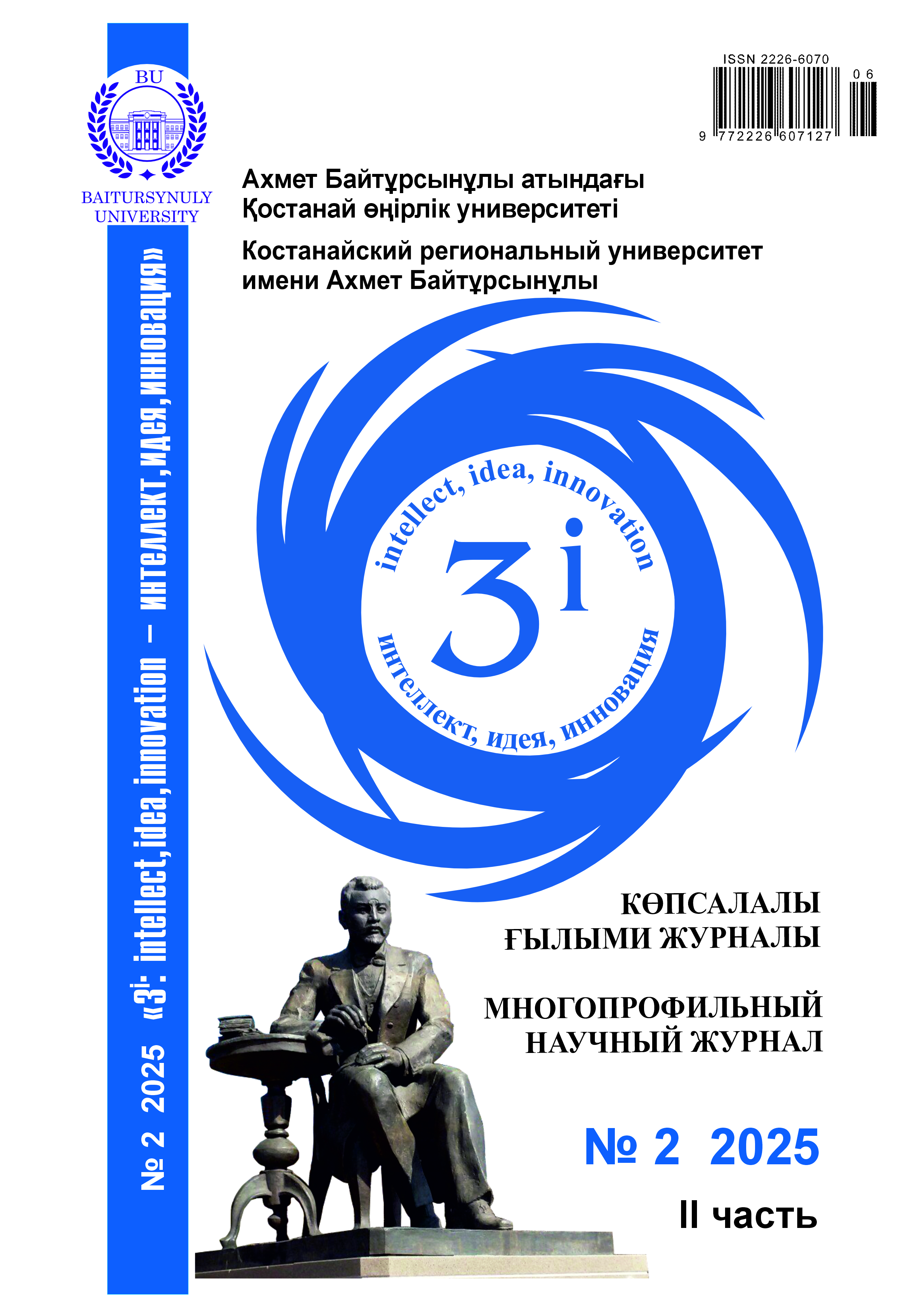MODELS OF PRE-VOCATIONAL TRAINING FOR CHILDREN WITH INTELLECTUAL DISABILITIES: FOREIGN AND DOMESTIC EXPERIENCE
DOI:
https://doi.org/10.52269/RWEP252291Keywords:
Pre-vocational training, career guidance , special education, training models, school-to-work transition, socialization, self-determination theory, competenceAbstract
The article presents a comparative analysis of pre-vocational training models for children with intellectual disabilities in various countries (USA, OECD/Eurozone countries – Germany, Lithuania; Russia, Kazakhstan) in order to identify effective practices and approaches for their adaptation and implementation into the national system of inclusive and special education. The study is based on contemporary international and national normative documents, scientific publications, and reports of specialized organizations (OECD, UNESCO, Eurostat, etc.). The results can be used to improve approaches to pre-vocational training of children with intellectual disabilities in Kazakhstan, taking into account global trends and the local context. Pre-vocational training is considered a key factor in the successful socialization, career guidance, and further integration of this group of learners into society and the labor market. The study uses methods of literature analysis, comparative analysis of national systems, and information synthesis. The results include a description and analysis of conceptual models (Gvozdeva, Starobina, approaches based on self-determination theory), analysis of international experience highlighting key legislative acts, educational pathways, support mechanisms, and existing challenges, presented in a comparative table by country/region groups. Particular attention is paid to the situation in Kazakhstan, including analysis of current policies, practices, and the opinions of stakeholders – educators and parents. Based on the analysis of various models, an adapted four-stage model of pre-vocational training for children with mild intellectual disabilities (MID) in Kazakhstan is proposed. The discussion interprets the results, compares models, identifies problems, and provides recommendations for improving the pre-vocational training system in Kazakhstan.




